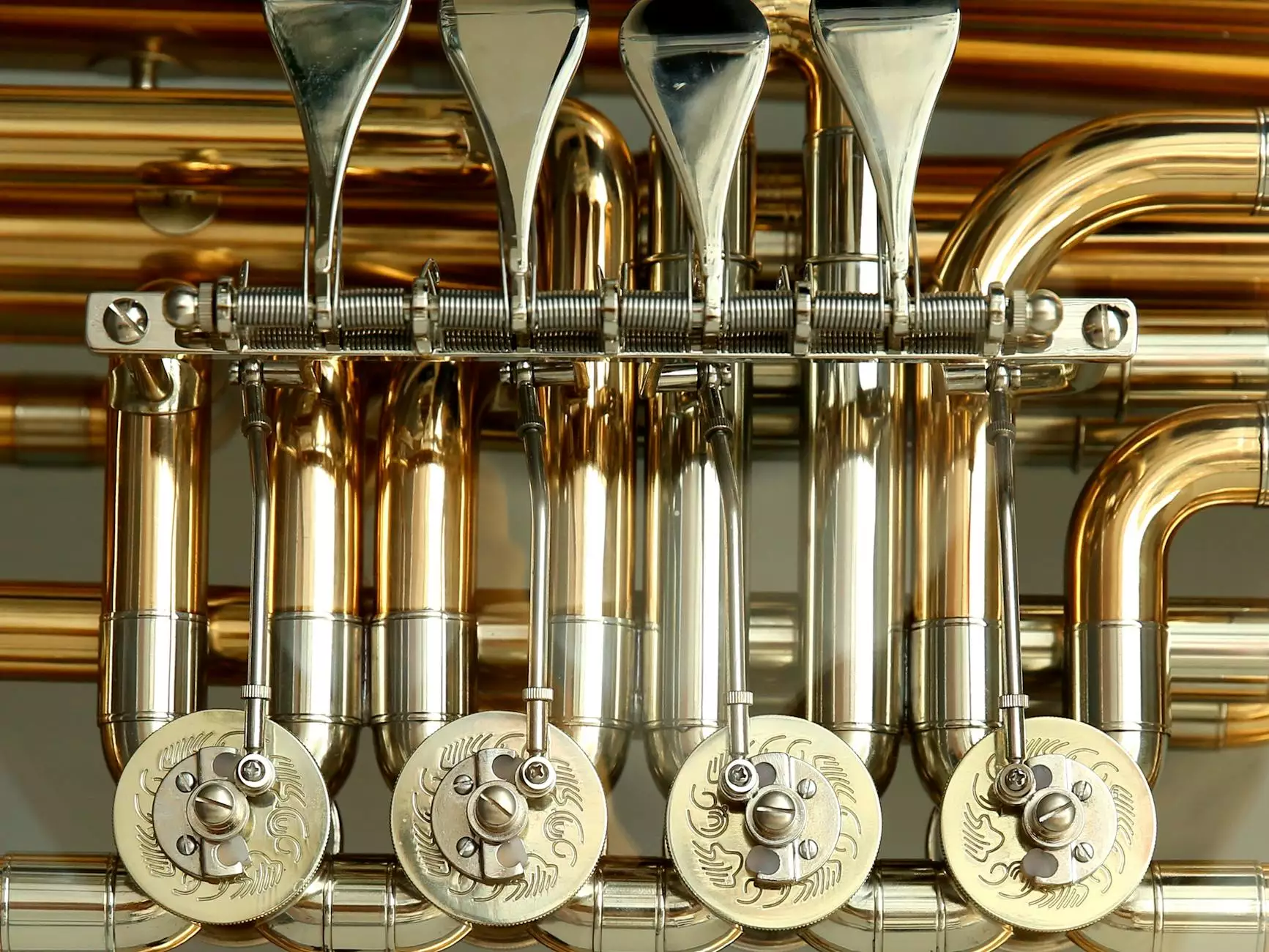Understanding Hydraulic Ball Valves: A Key Component in Industrial Applications

The hydraulic ball valve is an essential device in the world of fluid mechanics, serving as a crucial component in numerous industries. Designed specifically to control the flow of liquids and gases, this valve type combines exceptional sealing capabilities with rapid operation, making it a preferred choice for industrial applications. In this comprehensive article, we will delve into the intricate details of hydraulic ball valves, their types, advantages, and applications, all while emphasizing their significance in ensuring safe and efficient operations.
What is a Hydraulic Ball Valve?
A hydraulic ball valve is a type of stop valve that uses a spherical disc to control the flow of fluid. The sphere, or ball, has a passageway through its center that allows the flow to pass when aligned with the pipe. When the ball is rotated to an angle perpendicular to the flow direction, the flow is stopped. This simple yet effective mechanism makes the hydraulic ball valve a popular choice in various demanding environments.
Types of Hydraulic Ball Valves
Understanding the various types of hydraulic ball valves can help in selecting the right one for specific applications. Here are the most common types:
- Floating Ball Valve: The ball is not fixed, allowing it to "float" to a position that seals against the outlet side. This type is suitable for lower pressure applications.
- Trunnion Mounted Ball Valve: The ball is fixed at the top and bottom, making it ideal for high-pressure systems. This design allows for larger ball sizes and makes it suitable for heavier applications.
- Full Port Ball Valve: Features a larger diameter that matches the pipe size. This design allows for unobstructed flow and minimal pressure drop.
- Reduced Port Ball Valve: Offers a smaller diameter path than the pipe line, leading to greater turbulence but is often used in lower-pressure applications.
- Metal Seated Ball Valve: Ideal for high-temperature and high-pressure applications, this type uses metal-on-metal seating to ensure durability.
- Soft Seated Ball Valve: This type provides excellent sealing capabilities at lower pressures and temperatures, using a polymer material as the sealing surface.
Key Advantages of Hydraulic Ball Valves
The popularity of hydraulic ball valves in various sectors is attributed to several advantages they offer:
- Excellent Sealing Properties: The design of hydraulic ball valves ensures a tight seal with minimal leakage.
- Quick Operation: These valves can be opened or closed with just a quarter turn, making them ideal for applications requiring rapid flow control.
- Durability: Made from robust materials, hydraulic ball valves can withstand harsh environments, high pressures, and temperatures.
- The Versatility: They're suitable for a wide range of fluids, including corrosive substances, making them applicable in various industries.
- Low Maintenance: Hydraulic ball valves require minimal maintenance, reducing downtime and operational costs.
Applications of Hydraulic Ball Valves
Hydraulic ball valves are utilized across numerous industries due to their versatility. Key applications include:
- Water Supply Systems: Often used in municipal water systems to control flow and pressure.
- Oil and Gas Industry: Essential in various processes for controlling the flow of oil, gas, and associated fluids.
- Pneumatic Systems: They are used in systems that involve air or gas flow management.
- Chemical Processing: Ideal for controlling corrosive and hazardous materials due to their strong sealing capabilities.
- Power Generation: Utilized in systems where fluids need to be efficiently managed, such as steam and cooling systems.
Selecting the Right Hydraulic Ball Valve
When selecting a hydraulic ball valve, consider the following factors to ensure optimal performance:
- Fluid Type: Understand the nature of the fluid – whether it's corrosive, viscous, or high-temperature.
- Pressure and Temperature Ratings: Ensure that the selected valve can handle the expected operating conditions.
- Size: Choose the right size to match the piping system while considering flow requirements.
- Materials: Select materials that will withstand the environmental conditions your valve will face.
- Actuation: Determine whether the valve will be operated manually or require an automated actuator.
Installation and Maintenance Tips for Hydraulic Ball Valves
Installing and maintaining hydraulic ball valves properly is crucial to ensure their longevity and efficiency. Here are some tips:
Installation Guidelines
- Correct Orientation: Ensure that the valve's flow direction is correctly aligned with the piping system.
- Use Proper Seals: Always use the recommended seals and gaskets to prevent leaks.
- Secure Connections: Tighten all connections firmly, but avoid over-tightening, which can damage the valve.
Maintenance Practices
- Regular Inspections: Check for any signs of wear, corrosion, or leaks regularly.
- Lubrication: For valves that require manual operation, ensure periodic lubrication of moving parts.
- System Checks: Periodically test the valve under operational conditions to ensure it operates smoothly.
The Future of Hydraulic Ball Valves
As industries continue to advance towards automation and sustainability, the demand for hydraulic ball valves is expected to grow. Innovations in materials and technology will likely lead to designs that offer even greater efficiency, longevity, and environmental compatibility. With a focus on reducing maintenance costs and increasing performance, manufacturers are poised to enhance the functionality of these vital components.
Conclusion
In summary, the hydraulic ball valve is a fundamental component in modern fluid control systems, offering a range of benefits, including exceptional sealing capability, quick operation, and durability. By understanding the various types, applications, and maintenance practices associated with hydraulic ball valves, industries can ensure that they are making informed decisions that enhance efficiency and safety in their operations.
For high-quality fittings for sale and comprehensive solutions, visit fitsch.cn. Discover how the right hydraulic ball valve can transform your industrial applications while providing reliability and performance.









